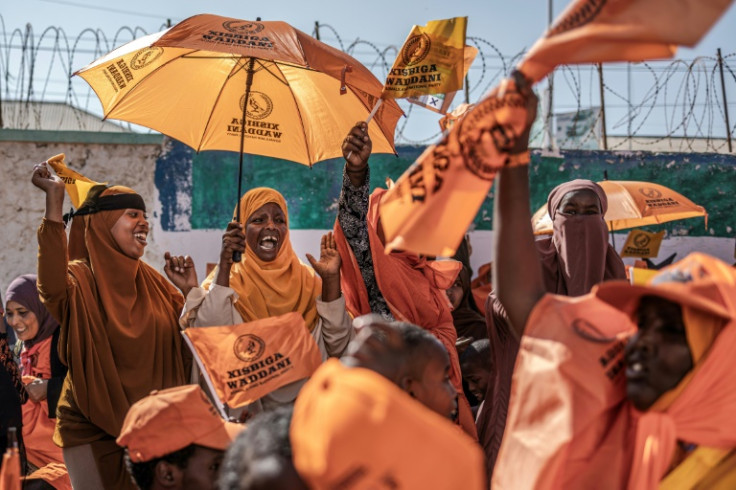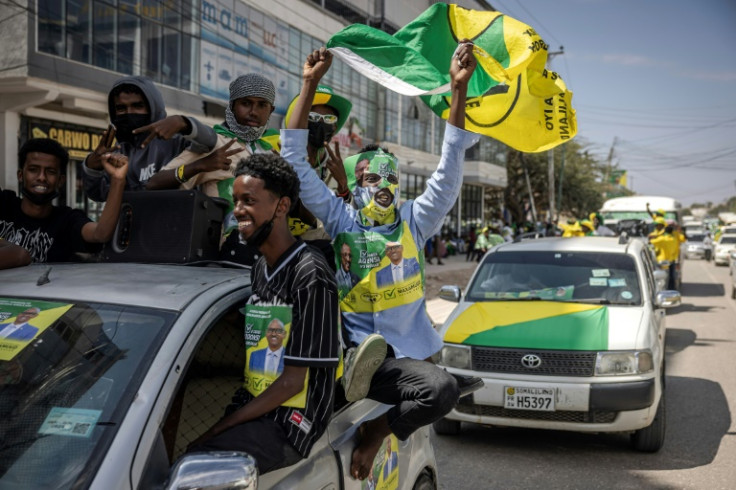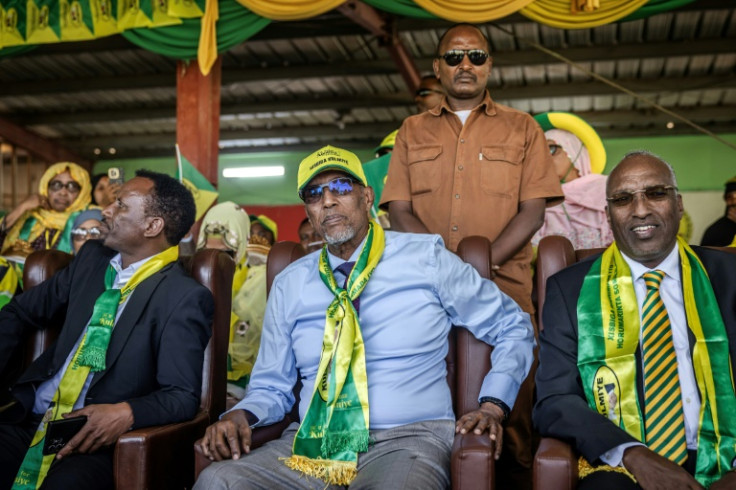
Somaliland, a breakaway region of Somalia at the centre of a diplomatic storm, holds a presidential election on Wednesday at a tense moment in the Horn of Africa.
The territory on the northwest point of Somalia unilaterally declared independence in 1991 and has been far more stable and peaceful than the rest of the country since then.
The self-proclaimed republic has its own money, passports, and army, but has never been recognised by any country in the world.
Now, it has become the focus of a major dispute between Somalia and Ethiopia that international observers fear could spark conflict in the restive region.
In January, Somaliland president Muse Bihi signed an agreement with Ethiopia, offering a lease on 20 kilometres (12 miles) of its Red Sea coastline to its land-locked neighbour.
He says Ethiopia will recognise Somaliland in return, though this has never been confirmed by Addis Ababa and full details of the deal have never been made public.
The memorandum of understanding has aroused fury in Somalia, sparking a verbal and military escalation with Ethiopia that has alarmed the international community.
Bihi's opponents for the presidency, Abdirahman Mohamed Abdullahi and Faysal Ali Warabe, have not criticised the agreement.
In power since 2017, the 76-year-old Bihi of the Kulmiye party has pledged there will be progress on the deal if he is re-elected.
"That's his main argument, his main agenda in the election," said local lawyer and political analyst Guleid Ahmed Jama.
But Jama said the economy and peaceful stability were more important to the impoverished territory's 1.2 million voters.
While pre-election street rallies have been lively and colourful, the campaign has often been heated, with the opposition accusing Bihi of dividing Somaliland.
An opposition supporter, Hood Abdullahi Adan, told AFP that the region had "gone backwards" during Bihi's seven years in power, listing "conflict, inflation and hunger" among its problems.
Critics accuse Bihi, a former soldier who led the fight for independence, of an authoritarian rule that has created clan divisions and led to the loss of the Sool region in 2023 after months of clashes with pro-Mogadishu forces.
There were also protests -- violently suppressed by the government -- after Bihi delayed the election by two years in 2022 for "technical and financial reasons".
Bihi's main rival is Abdullahi -- known as "Irro" -- of the Waddani party.
A former ambassador of Somalia to the then Soviet Union and Finland, and a long-time speaker of the Somaliland parliament, the 68-year-old offers few concrete policy changes but says he will be a more unifying figure.
"There is not much visible difference between, ideologically speaking, the two main political parties. But there are differences between the personalities of the contenders. And that's very important here in Somaliland," said Jama.









